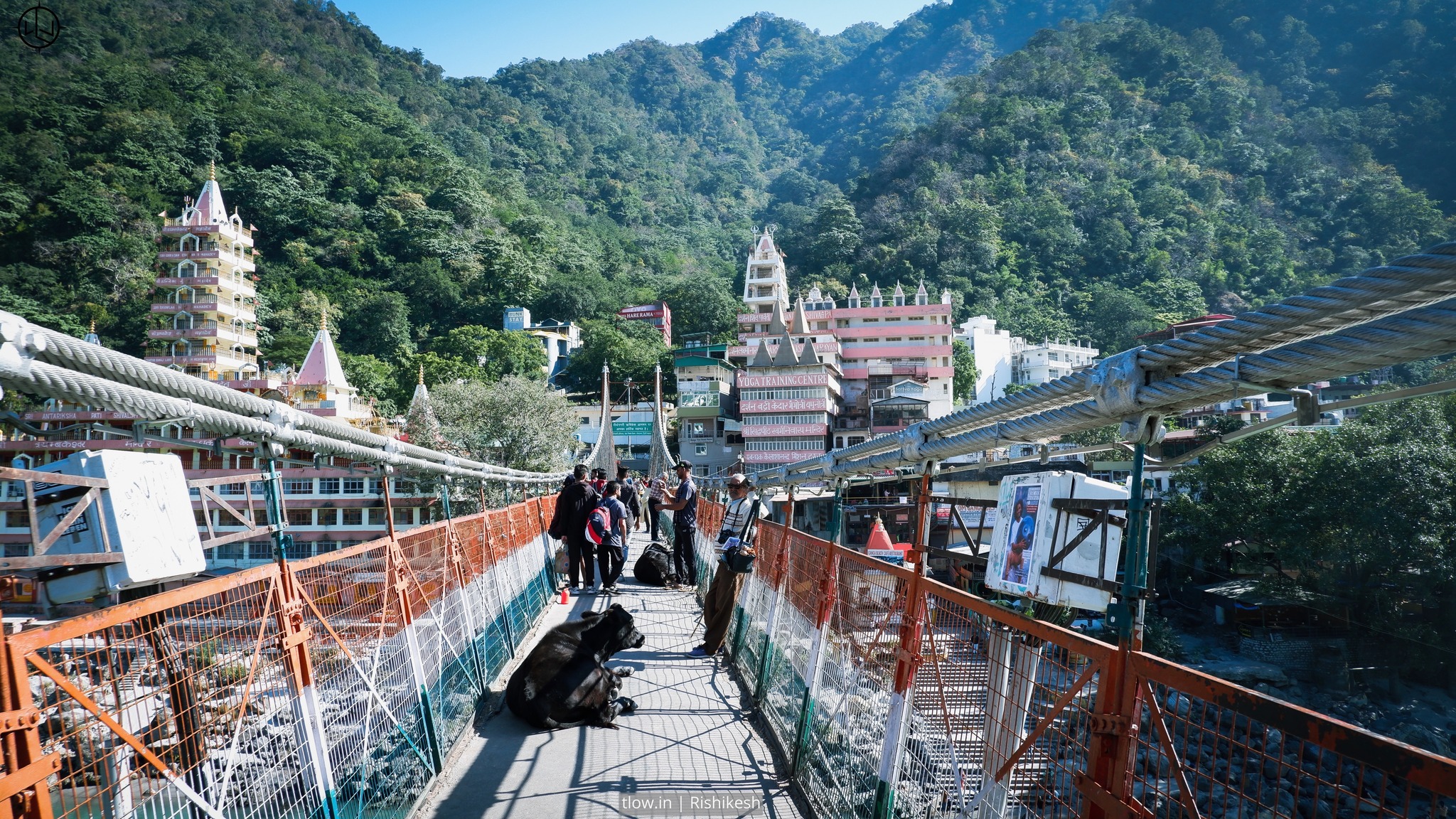
Laxman Jhula Rishikesh: History & Facts
Laxman Jhula is an Iconic bridge in Rishikesh which helps people get from one side of the river Ganga to the other side. Laxman Jhula is one of the most photographed spots while in Rishikesh but very few people actually know the history of Laxman Jhula. This post will help you get in-depth information.
Laxman Jhula
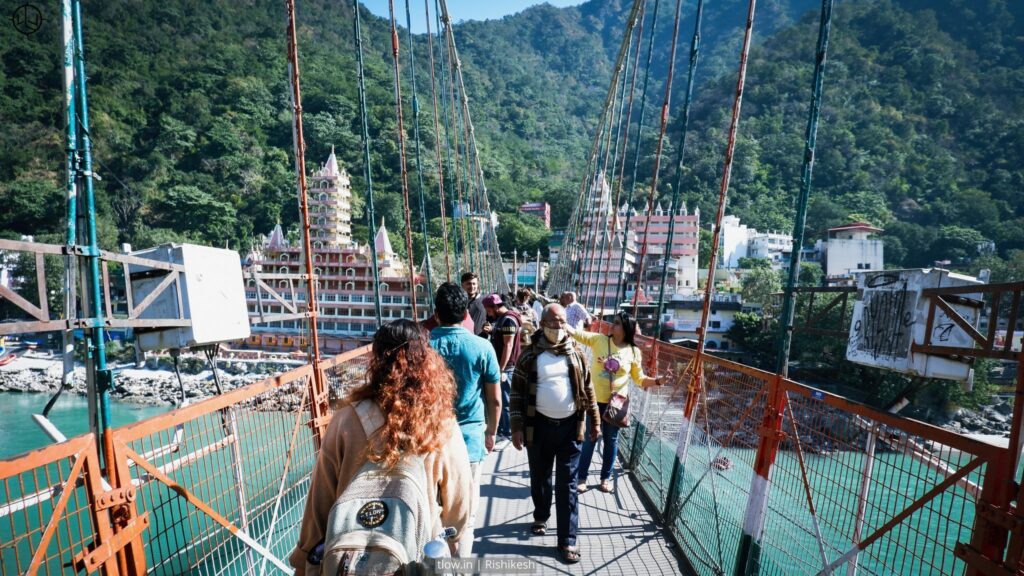
1) A famous suspension bridge located in Rishikesh, Uttarakhand, India. It is one of the iconic landmarks of the city and attracts a large number of tourists and pilgrims.
2) The bridge is named after Lord Rama’s brother, Laxman, from the Hindu epic Ramayana. It is believed that Laxman crossed the river Ganges at the same spot where the bridge stands today, using a jute rope.
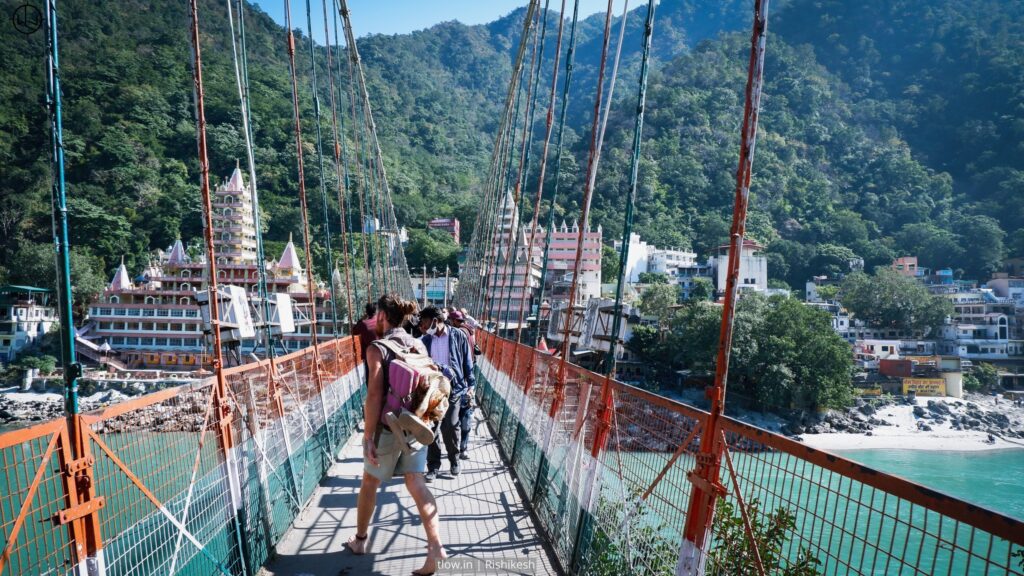
3) Laxman Jhula is around 450 feet long and hangs at a height of approximately 70 feet above the river. It connects the villages of Tapovan and Jonk.
4) The bridge was initially a jute rope bridge constructed in 1889 and was later rebuilt with iron cables in 1939. It was further reinforced with steel cables in recent years to ensure the safety of pedestrians.
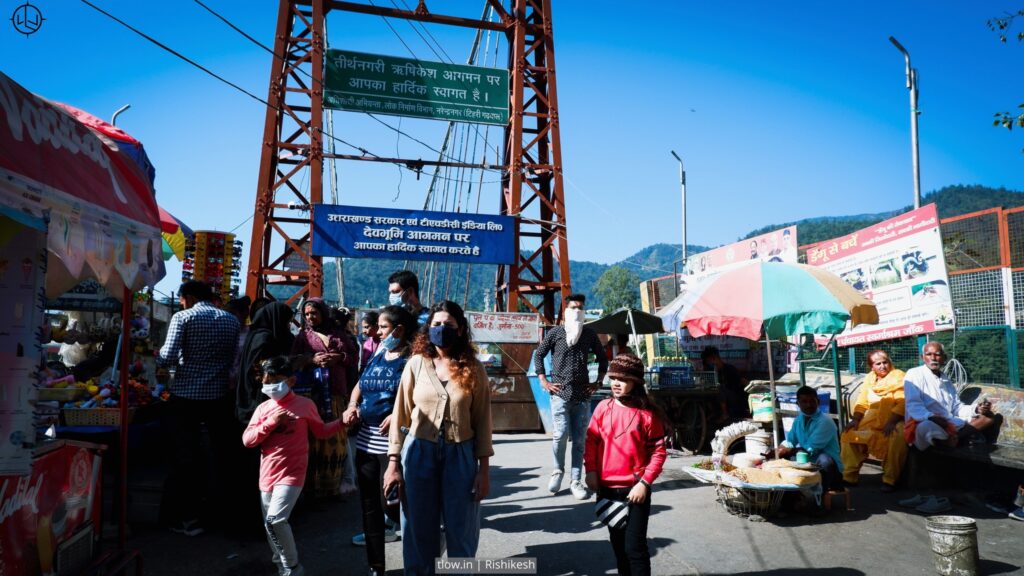
5) Laxman Jhula offers stunning views of the river Ganges, surrounding mountains, and the holy city of Rishikesh. It is especially beautiful during sunrise and sunset.
6) The bridge is not only a tourist attraction but also an important pilgrimage site for Hindus. Many temples, ashrams, and spiritual centers are located in its vicinity, making it a significant religious destination.
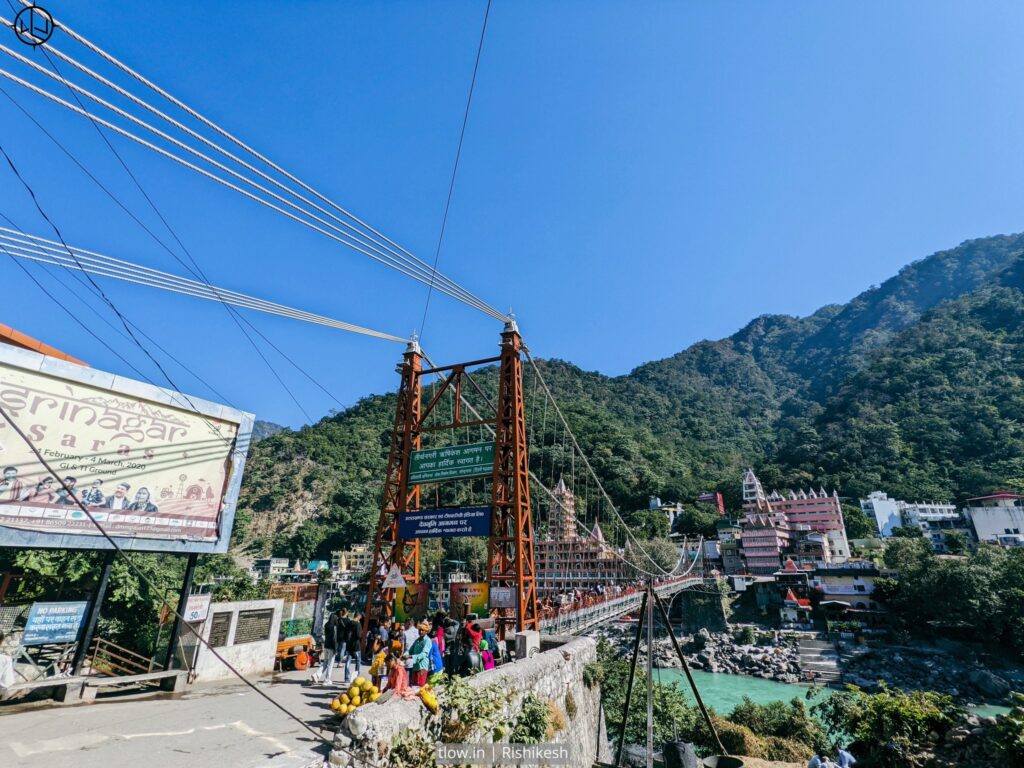
7) Laxman Jhula also serves as a gateway to the famous Neelkanth Mahadev Temple, dedicated to Lord Shiva. Devotees often visit the temple after crossing the bridge.
8) The bridge is pedestrian-only and is open to both tourists and locals. Walking across it allows visitors to experience the suspension bridge’s engineering marvel and enjoy the panoramic views of the Ganges and the surrounding landscape.
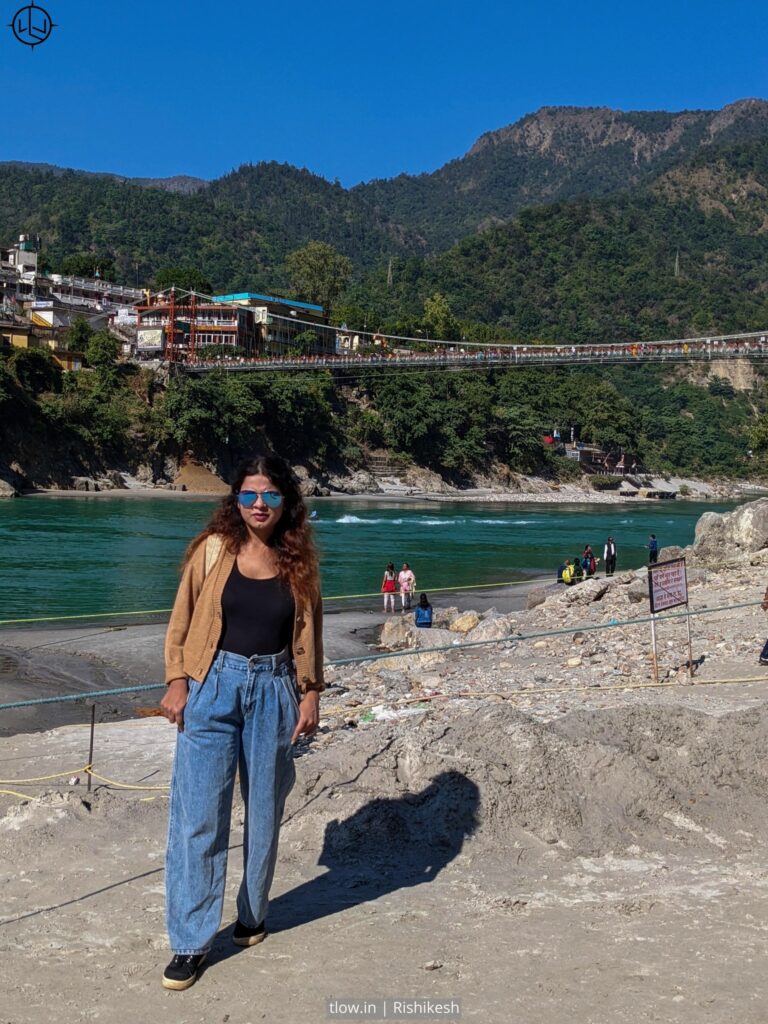
9) The area around Laxman Jhula is known for its spiritual and yoga retreats. Many renowned yoga ashrams and centers are situated nearby, attracting yoga enthusiasts from all over the world.
10) Laxman Jhula is an essential part of Rishikesh’s cultural and religious heritage. It symbolizes the spiritual significance and historical connection of the city with Hindu mythology, making it a must-visit attraction for anyone visiting Rishikesh.










